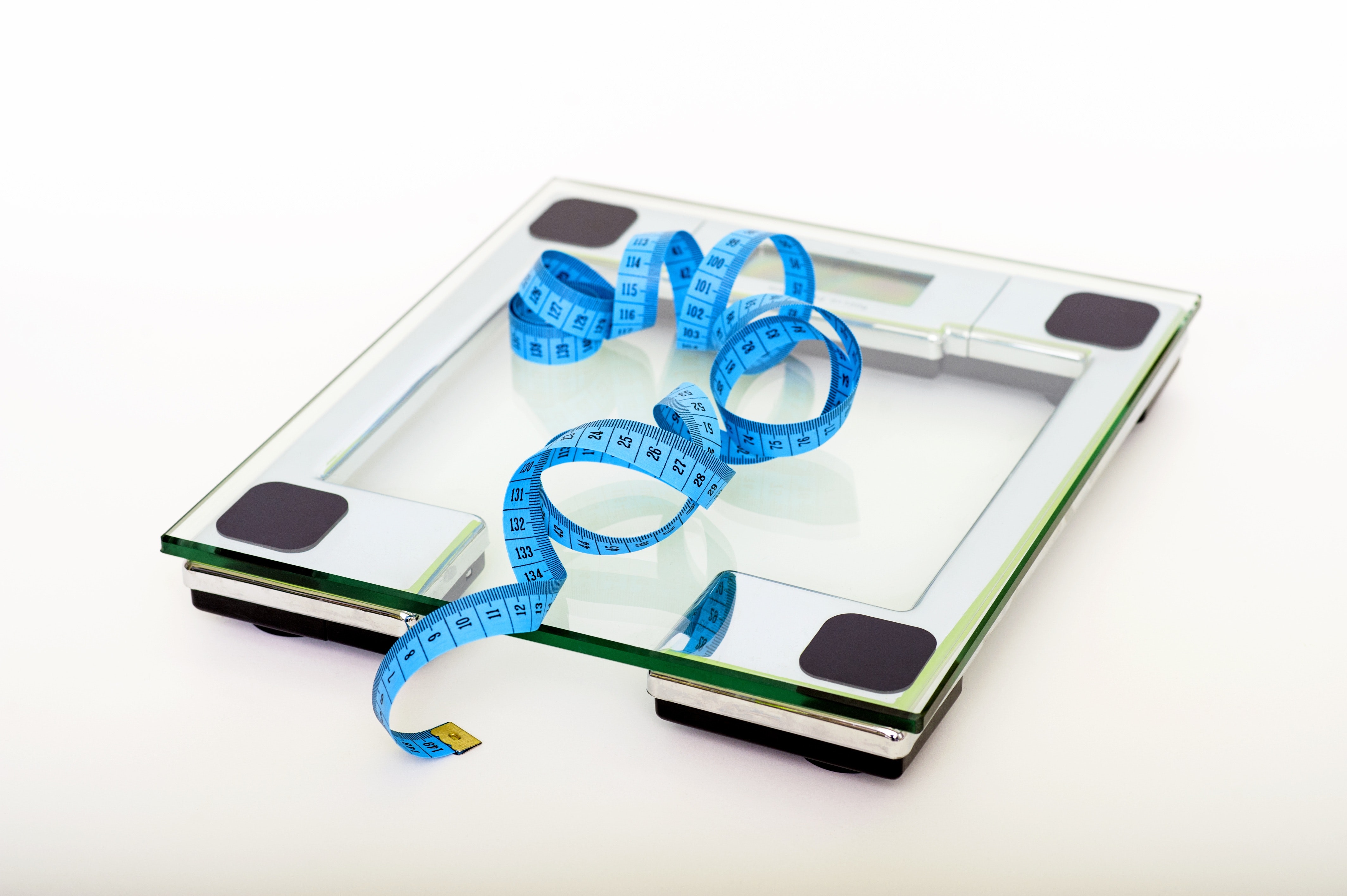When I conduct psychological evaluations for people pursuing bariatric surgery (weight loss surgery such as the sleeve gastrectomy or the Roux-en-Y gastric bypass), it’s not uncommon for people to tell me that they have told very few people about their decision to have surgery.
Any guesses as to why?
- Shame and feelings of failure
- Fears of “failing again” and being judged
My Family Would Prefer I Lose Weight “The Natural Way”
They tell me this is because they couldn’t lose weight the old fashioned way, through diet and exercise alone. If they told their family and friends, they are concerned that they will try to talk them out of having surgery.
I take issue with this. If someone truly does not feel ashamed, and just means to simply state that the past treatments tried did not work, then fine. But many people say this and keep their bariatric surgery pursuit from others because of a deep sense of shame around having been unable to lose weight and keep it off.
Of course, I am all for people changing their habits and becoming healthier and let’s be real, most Americans could greatly benefit from making 1 or 1000 changes to their habits, but we aren’t talking about habits, we are talking about weight loss.
Instead, it has everything to do with the piece of data that few people talk about.
The reality is, once you reach higher weight ranges (like body mass index over 40 kg/m2), losing a large amount of weight (like the 100 or so lbs it takes to get to a “normal BMI,” or 18-25 kg/m2) and keeping it off without bariatric surgery is statistically unlikely. Not impossible, people certainly do it, but it is not the norm.
What no one talks about is how good our bodies are at gaining weight, and how poorly they are adapted for losing large amounts of weight. This may be partially because the body does not like to be tricked and when our brain thinks we are “dieting” it can cause changes in our hormones that make it harder to restrict our energy intake. See my post about this here.
Sometimes, when I’m trying to be optimistic, I wonder if this is the old “give ’em hope” effect, where professionals don’t want to tell patients this for fear of making them feel hopeless about losing weight and therefore discouraging lifestyles change.
On days I’m feeling less optimistic, I worry people try to oversell hope because they are trying to sell their approach to weight loss above all else. Most approaches profit based on you believing they have some magic cure to help you lose weight and keep it off.
So what’s the take home message?
If you have been feeling like a failure and shaming yourself for not losing weight and keeping it off, it’s time to stop focusing on things you don’t have full control over (the exact weight and body composition you ultimately achieve) and start focusing your efforts on the things you do, your habits.
I think the main thing that makes me extremely sad and frustrated about the weight loss industry, besides the fact that a large number of people are profiting off of people’s weight struggle without delivering any significant results, is that it simply distracts people from making changes that would truly benefit them.
On the surface, it may not seem as exciting to make lifestyle changes like improving your sleep, better managing stress, and preparing and having balanced meals… but guess what, you and and whoever is around you will actually benefit from that, even if the number on the scale does not budge.
So what can you do next?
What Can We DO About This, Shawn?
Avoid the weight loss industry BS and commit to learning about approaches that work, and see what works for you. Instead of spending your extra cash on products like garcinia cambogia (check out my post on this pet peeve of mine here), spend that money on something tangible that is going to take you a step further towards your goals (e.g., nice PJS? healthy meal prep service for a few weeks during a stressful time?).
The more we refuse to give our money to BS products and services, the more we demand evidence and reclaim true wellness.
I also think there is a lot of evidence that if you can find an approach to eating that does not feel restrictive, and actually helps you feel better in your body, you will want to keep it up. For example, I’m planning to post soon about the science behind whole food plant based diets, as there are studies showing that people following these eating plans lose weight without calorie or energy restriction (Wright, Wilson, Smith, Duncan & McHugh, 2017) which could in theory lead to less feelings of deprivation, and possibly longer-term weight loss.
References
Wright, N., Wilson, L., Smith, M., Duncan, B. & McHugh, P. (2017). The BROAD study: A randomized controlled trial using a whole food plant-based diet in the community for obesity, ischaemic heart disease or diabetes. Nutrition & Diabetes, 7, 256.
